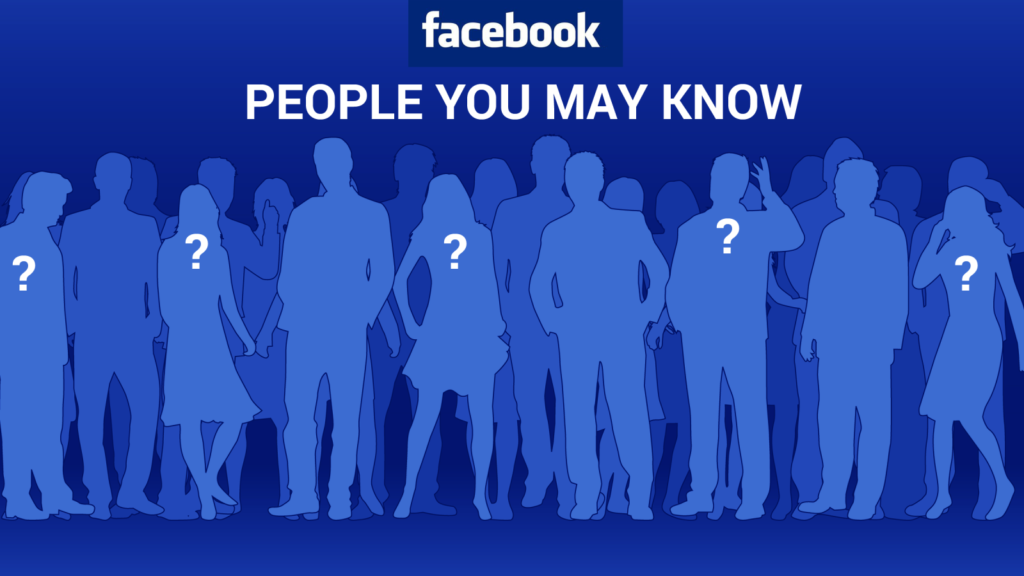We found an explanation for those creepy friend requests you’re getting.
A couple months ago a friend and I went to Colombia for vacation. While we were at the beach one day, we met a group of people and spent several hours hanging out with them. We never exchanged phone numbers or email addresses, we didn’t share much information about ourselves other than our names and where we lived, and we didn’t connect on social media. I didn’t even have my phone on me at the time. However, when I got back to New York and checked Facebook, I saw that two of the people we met popped up in my “People You May Know” recommendations. Weird, I thought. Actually, it’s creepy. Is Facebook tracking my every step?
Facebook’s brand is based on the community it creates, and its mission is to connect everybody in the world. So it only makes sense that the platform frequently suggests new friends for users to add to their networks. But in the past, the company’s suggestions for connecting users have raised some eyebrows.
For example, take the story about a psychiatrist who claimed her patients were popping up on her list of suggested friends (and on each other’s lists) after visiting her office, which is obviously problematic for medical privacy reasons. The psychiatrist is far from the only Facebook user to discover mysterious friend suggestions — for years there have been stories of people who go on dates, attend parties, or browse through a book store only to see people they interacted with in person pop up in their Facebook at a later date. None of these connections are coincidences, of course. So how does it happen?
Just how the company goes about identifying potential new connections — especially when the users have no obvious digital connection to one another — isn’t always clear. The first possible reason, and most likely, for someone to appear in your “People You May Know” list is that one of you searched for the other, according to Facebook. So if Angel and Angie (two random strangers) go on a blind date and Angel searches Facebook for Angie’s profile, but doesn’t add her as a friend, Facebook will suggest both add each other. It only takes one person to trigger the algorithm.
Another possible explanation is that the two parties shared some type of digital information such as email or phone numbers, since most people use either to open a profile. So if you share your contacts with either Facebook or Messenger, someone you recently added to your contacts will be suggested first over someone you’ve had on your phone for years.
A Facebook spokesperson said the company does not see who users text, call, or email, therefore the algorithm wouldn’t be able to make friend suggestions based on that. Yet, if you’re using email programs on your phone such as Gmail, you are saving email addresses to your phone and Facebook will be able to see them — again, only if you’re sharing your contacts with Facebook apps.
There is also a theory that Facebook tracks users’ web activity, but in a statement Facebook debunked it. Facebook apps use web cookies for targeting ads, but not for recommending new friends, a spokesperson said. Facebook also claims it no longer tracks its users with location data to rank friend suggestions based on where they live or work. The company said location tracking was just a brief test it ran last year at a very small city-wide scale.
Facebook said that its friend recommendations are based on variety of factors, which includes mutual friends, work and education information, groups you’re part of, and any digital information stored on your phone that is shared with Facebook. Other than that, Facebook deems all other connections coincidences.

